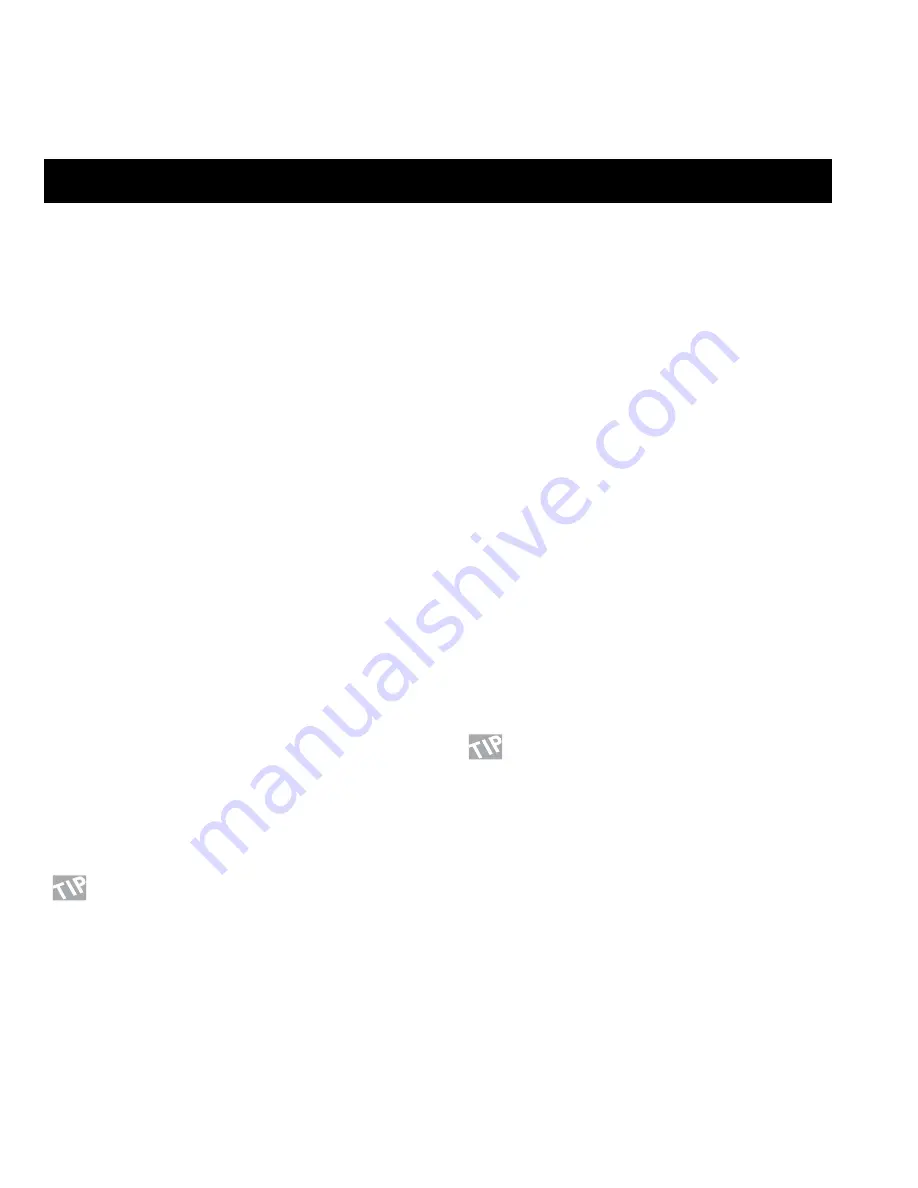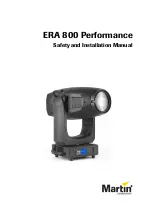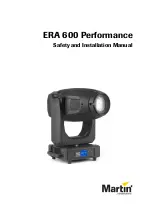
20
MIDI
The Intonator is fully controllable via MIDI commands.
All controls on the front panel Output a corresponding
MIDI command which can be recorded into a sequencer
giving you the ability to automate these parameters.
In addition to the control messages, the unit will also
send MIDI information about the exact correction
amount applied.
This information will be sent and received on the MIDI
Control channel. The Input pitch and pitch-bend
information will be transmitted via a separate channel;
the MIDI Pitch channel. With this information recorded
on a sequencer it is easily analyzed, edited and
customized to your given task.
Different approaches on correction via MIDI are
possible.
Example 1 - Full control via “Manual” editing
- The track is recorded to best ability within the timeframe
decided for this track.
- During mixing it becomes obvious that pitch correction is
needed, but only on specific passages and you suspect that
different settings of e.g. Window, Amount and Attack is needed.
Furthermore there are passages where you don’t trust your ear
as to whether the track is in pitch or not.
- Analysis is needed before pitch correction is applied for a
perfect result.
- Set your Window to match the task. As a rule of thumb
+/- 50 cent would be a good choice.
- Play your track thru the Intonator and record the incoming
pitch converted to Note and Pitch bend messages via the MIDI
Pitch channel. The MIDI Pitch channel is set in Setup page 8.
- Depending on your sequencing program you now have an
illustration of how far off pitch your track notes are.
- Edit the pitch information of this track as you please.
- To hear your applied corrections the track should now be
played back on the set MIDI Control channel (set in Page 7).
It is advisable to let the datatrack, to which you wish to
dump your MIDI setup data, begin one bar or more
before the actual music begins. This way all setup data is supplied
to the MIDI units allowing perfect processing performance from
bar 1 without setup clicks, etc. This goes for all MIDI instruments.
Example 2 - Utilizing Automatic mode
- The track is recorded to best ability within the timeframe
decided for this track.
- During mixing it becomes obvious that pitch correction is
needed.
- Automatic mode is your first choice.
- Of course Automatic mode will often do the trick without
further actions, but you might want to compare the correction
applied by Automatic mode to the uncorrected signal.
- Work with the Intonator in the Automatic mode until you
have the best settings possible.
- Play your source material thru the unit and record both the
MIDI Control channel and the MIDI Pitch channel.
- The Control channel track will now show the applied
correction and the Pitch channel track will show the
uncorrected Input pitch information.
- Now use the Control channel track as your base track.
At the positions where only very little correction is applied you
might want use the uncorrected version at those specific
points, to allow that natural “incorrect” intonation which
might be unique for that particular singer.
Internal Parameter Bulk Dump
Press and hold the SETUP key approx. 3 seconds to dump all
current settings to any MIDI recording device as a preset. This
includes all setup pages, front panel control settings, etc.
A Bulk dump recorded into the beginning of the Control channel
track gives you an excellent starting point next time you start
working on that track.
It is advisable to let the datatrack, to which you wish to
dump your MIDI setup data, begin one bar or more
before the actual music begins. This way all setup data is
supplied to the MIDI units allowing perfect processing perfor-
mance from bar 1 without setup clicks, etc. This goes for all MIDI
instruments.
Front Panel Reset
As all settings are controllable via MIDI, the positions of the
front panel controls do not necessarily indicate the current actual
settings.
To match all parameters to the position of the Front Panel
Controls press and hold the ENTER key approx. 3 seconds.
Summary of Contents for INTONATOR
Page 1: ...INTONATOR VOCAL INTONATION PROCESSOR English USER S MANUAL ...
Page 2: ......
Page 6: ......











































